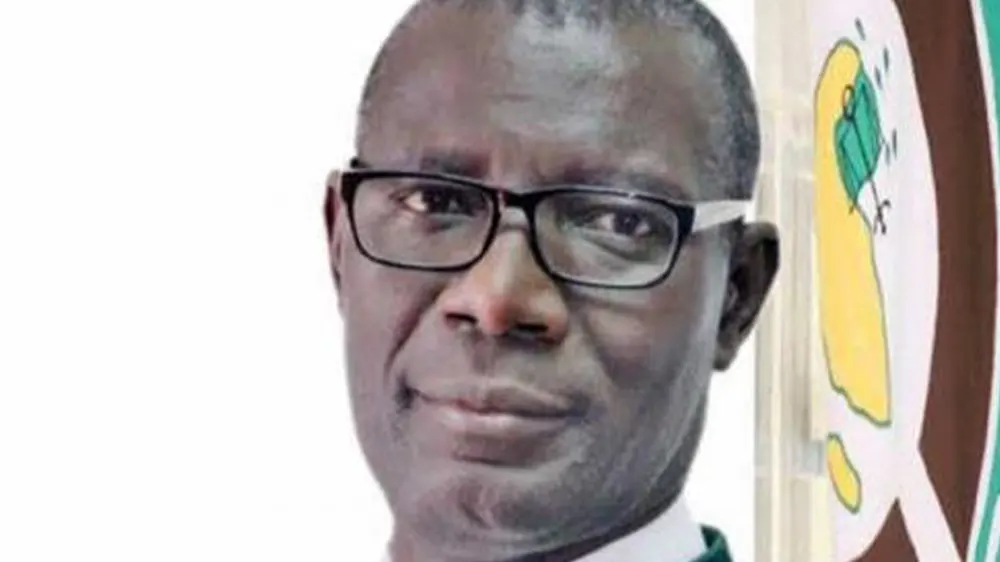West African army chiefs are set to convene in the coming days to discuss plans for a potential military intervention in Niger. The move comes as concerns escalate over the detention conditions of ousted President Mohamed Bazoum.
The ECOWAS regional bloc activated a standby force following the recent coup that removed Bazoum from power. The chiefs of staff meeting signifies the region's readiness to prepare for a possible action to reverse the coup.
According to an ECOWAS spokesperson, “One (meeting) is being planned for next week.” While details about the size and timeline of the force remain uncertain, the prospect of such an intervention raises questions about regional stability, especially in a strategically significant area where recent coups have occurred.
Despite the plans for potential military action, ECOWAS emphasized that it continues to seek a peaceful resolution to the crisis in Niger.
Security analysts predict that assembling an ECOWAS force could take weeks or longer, allowing room for negotiations. While some countries, such as Ivory Coast and Benin, have signalled their willingness to contribute troops, other regional heavyweights like Nigeria have not provided official comments.
Meanwhile, international bodies including the African Union, the European Union, and the United States have expressed growing concern over Bazoum's detention conditions. Bazoum's daughter revealed that the junta is allegedly subjecting him to deplorable conditions to pressure him into signing a resignation letter.
Amid these developments, the situation in Niger has garnered global attention due to its geopolitical significance and role in counterterrorism efforts.
The outcome of the upcoming West African army chiefs meeting and the response of the international community will likely have far-reaching implications for Niger's stability and the wider Sahel region.









